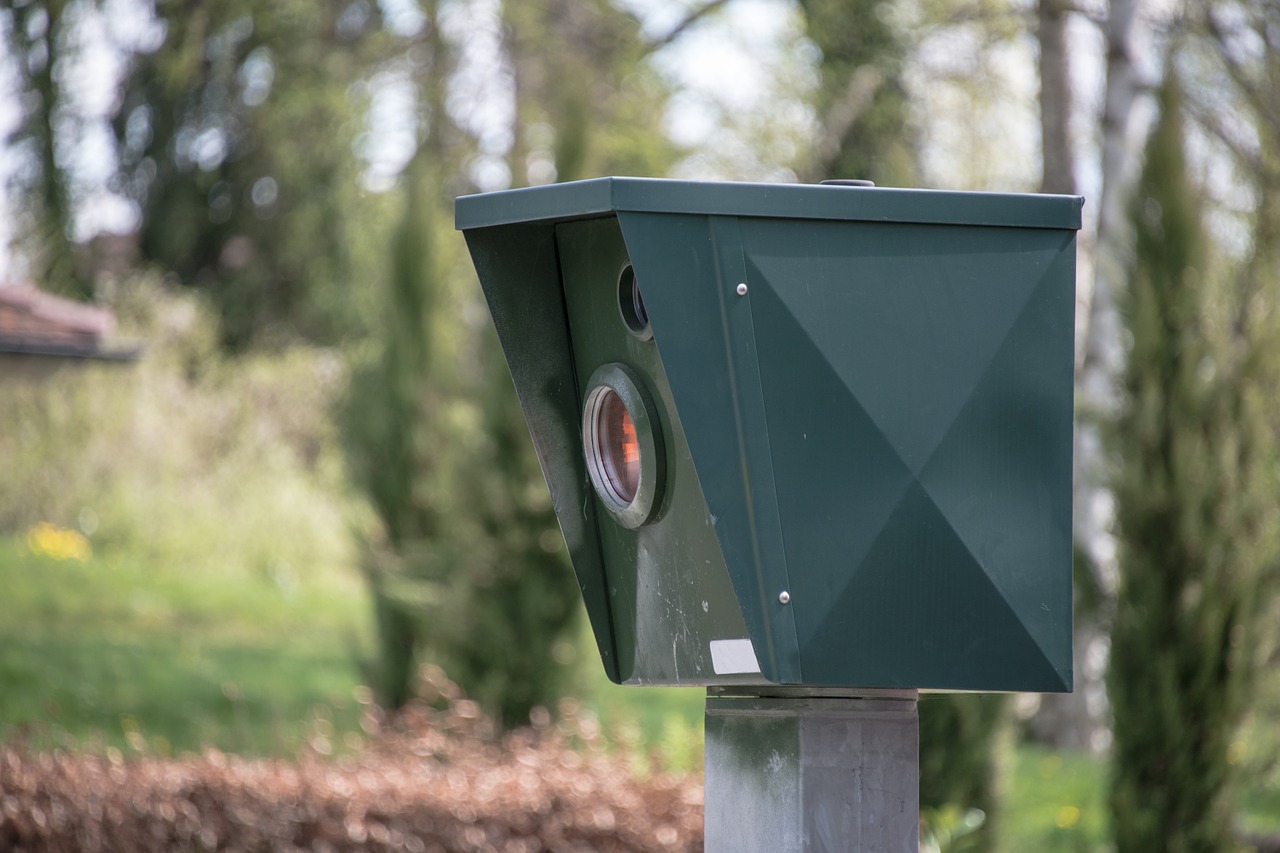In the dynamic world of marketing, experiential marketing stands out as a powerful strategy to create meaningful connections between brands and their audiences. This immersive approach goes beyond traditional advertising methods, engaging consumers directly and leaving a lasting impression. At the heart of successful experiential marketing lies the critical choice of the right venue.
“Choosing the right location isn’t merely a logistical decision,” shares Ray Sheehan, founder of Old City Media, “It’s a determinant of the event’s impact that shapes how the audience perceives and interacts with the brand.”
Understanding your audience and brand identity
The key to creating a meaningful and engaging experience begins with a deep understanding of who your audience is, which involves delving into their demographics, interests, and lifestyles. Equally important is ensuring that the chosen venue reflects your brand’s image and message.
“The space should act as an extension of your brand,” says Sheehan, “and contribute to the story you want to tell.” For a luxury brand, this might mean selecting an upscale and sophisticated location, while a brand that emphasizes sustainability might look for a venue with a strong environmental ethos. The venue, in essence, becomes an active participant in your brand’s narrative, shaping the overall experience and reinforcing the brand message.
Strategic considerations: Location, size, and budget
When it comes to selecting a venue for experiential marketing events, strategic considerations like location, size, and budget play pivotal roles in the decision-making process. Location is often the first factor to consider, not just its geographical position but also what the location represents. Urban settings might offer a bustling, vibrant atmosphere perfect for high-energy brands, while a rural or scenic location could be ideal for events seeking a peaceful, natural backdrop.
“The location’s proximity to your target audience is crucial,” Sheehan says. “A venue that’s easily accessible to your audience increases attendance and engagement and can significantly affect the brand’s perception. A venue in a prestigious area might elevate a luxury brand, while a quirky, offbeat location could be perfect for a brand looking to project a more unconventional image.”
The venue’s size and capacity are equally critical. “It’s essential to choose a space that comfortably accommodates your expected number of guests,” Sheehan remarks. “Too small, and the event feels overcrowded and chaotic, but too large and it might seem under-attended and lacking in atmosphere.”
Flexibility is also key, as venues that offer different spaces or can be adapted for various activities within the event can provide a more dynamic and engaging experience. Additionally, safety and comfort are paramount, so ensuring that the venue can safely host your audience and provide amenities like restrooms, seating, and refreshments is essential.
Budgeting is, of course, a major consideration. “Balancing the cost of the venue with the desired outcomes of the event is a delicate act,” Sheehan says. “It’s critical to consider not just the rental cost but also additional expenses such as decoration, technology needs, staffing, and insurance.”
As Sheehan explains, hidden costs can quickly escalate, so having a comprehensive understanding of all potential expenses is vital, but it’s also important to consider the return on investment. A more expensive venue might offer a greater impact and better engagement, leading to a more successful event overall.
By carefully weighing these factors — location, size, and budget — planners can select a venue that not only meets the practical requirements of their event but also significantly contributes to its success by enhancing the audience’s experience and engagement with the brand.
Navigating legal, technical, and logistical aspects
When finding the best venue for your marketing strategy, legal, technical infrastructure, and logistical aspects are often the least glamorous — yet most crucial — part of location scouting. This includes acquiring the necessary permits and ensuring the event complies with health and safety standards.
“Particularly in public or unconventional spaces, the legal requirements can be complex, involving negotiations with local authorities or property owners,” Sheehan notes. “Failure to comply with these legalities can lead to last-minute cancellations or legal complications, damaging the brand’s reputation.”
When planning an event, ensuring the venue has the right tech and amenities should be high on the priority list — no one wants an epic product launch to be sabotaged by a bad WiFi connection.
“Take stock early on of what audio-visual equipment, internet capabilities, and technical support already exists or assess what might need to be brought in,” says Sheehan. “If it’s a virtual conference, ensure the venue’s bandwidth can handle the load, but have a Plan B (and C) in case technical problems arise — power strips, backup batteries, and extension cords can be lifesavers! It’s better to over-prepare than have an event derailed because the venue couldn’t support the technical or digital needs.”
According to Sheehan, logistics, including accessibility and parking, play a significant role in the attendee experience. The venue should be easily accessible by public and private transportation, and sufficient parking should be available for guests who drive.
“Consideration of these logistical elements is vital for ensuring a positive attendee experience from start to finish,” Sheehan says. “Additionally, aspects such as crowd flow, signage, and emergency exits need to be planned meticulously.”
The right venue can make or break an event experience. It directly impacts how engaged and immersed your audience feels and how well your core messages come across. When the venue aligns aesthetically and energetically with the event goals, it sticks with people long after.
“Marketers should get creative with spaces that wow attendees while supporting the branding and experience they want to create,” Sheehan advises. “Venues have the power to boost engagement and anchor those memorable, shareable moments that your audience will still be raving about months later. Ultimately, the right venue selection can transform a good marketing event into an extraordinary one, making a lasting impact in the competitive landscape of brand marketing.”




